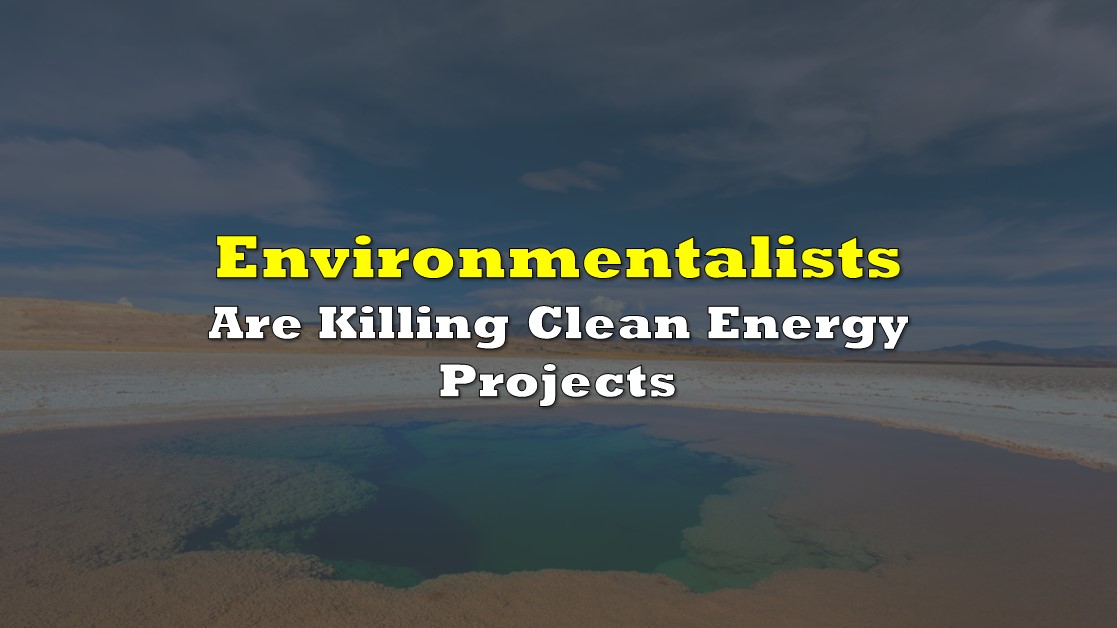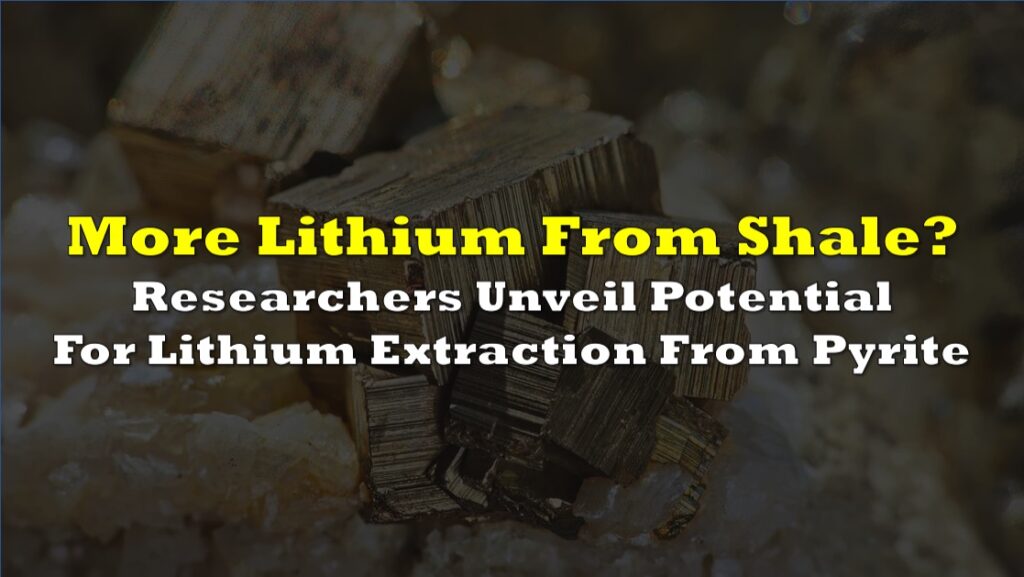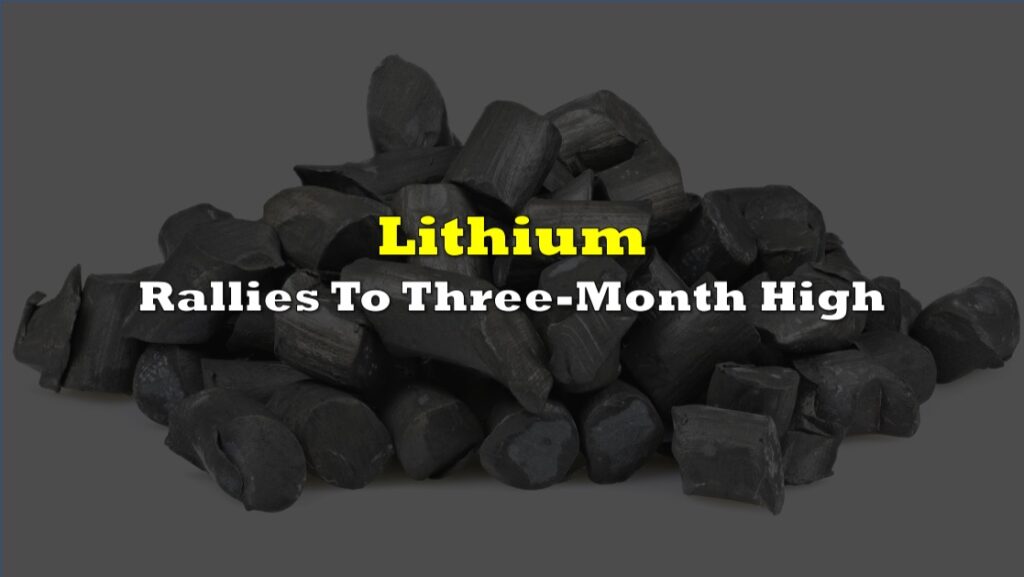Intense on-the-ground opposition to clean energy-related mining projects even in countries with reasonably high standards of living is becoming a risk which natural resources investors must begin to consider carefully. Actions in Panama and Portugal could suggest that North American investors may want to focus on Canadian- and U.S.-based projects.
First, on October 20, Panama ratified a deal which allowed First Quantum Minerals Ltd. (TSX: FM) to continue to operate its flagship Cobre Panama copper mine for the next 20 years. Under the continuation agreement, the government of Panama got a bigger stake of Cobre Panama’s revenue. This additional cash would allow the government to boost pensions ahead of the next general election, which is scheduled for May 5, 2024. On the surface, all parties seemed to be winners.
Indeed, the government’s approval of the accord was generally considered just a formality. Instead, environmentalists and students organized demonstrations against the deal. After a time, Panama’s biggest labor union joined the protests, which soon turned violent.
The protests forced a chaotic retreat by the government and brought Panama City, Panama’s capital, to a virtual halt. The future of the mine remains in question, with the operation now to be put to a referendum. Not incidentally, First Quantum has lost about $7 billion of its market capitalization, equivalent to 35% of its value since October 24th.
To put all this in perspective, Panama is in relatively good economic shape. It has been one of the fastest growing economies in the Americas. Furthermore, Panama’s people enjoy a standard of living similar to that of Poland.
Second, a few days ago, Portugal’s Prime Minister Antonio Costa resigned after the nation’s prosecutors detained his chief of staff. The state is investigating potential Administration corruption related to lithium mine concessions near Portugal’s northern border with Spain. Perhaps not surprisingly, environmental groups are pressing the government to reassess all lithium projects.
As an aside, in January 2022, Serbia revoked the license it had granted to Rio Tinto Group (NYSE: RIO) for the planned US$2.4 billion Jadar lithium project after Serbia’s citizens took to the streets. Protestors were concerned about the mine’s potential environmental effects.
Given all this, investors who want exposure to clean energy resources may want to consider miners with no investments outside of North America. Two examples are Lithium Americas Corp. (TSX: LAC) which is developing the mammoth Thacker Pass lithium deposit in northern Nevada. A similarly positioned lithium developer, albeit less far along, is Surge Battery Metals Inc. (TSXV: NILI). Surge also owns a significant lithium resource in northern Nevada.
Information for this story was found via Reuters, X, and the sources and companies mentioned. The author has no securities or affiliations related to the organizations discussed. Not a recommendation to buy or sell. Always do additional research and consult a professional before purchasing a security. The author holds no licenses.









